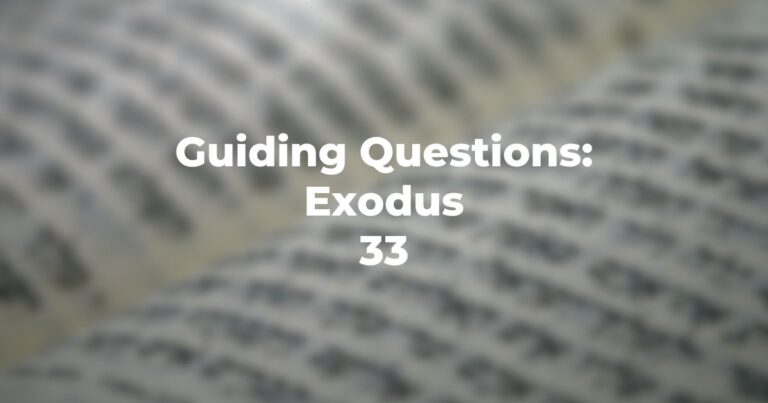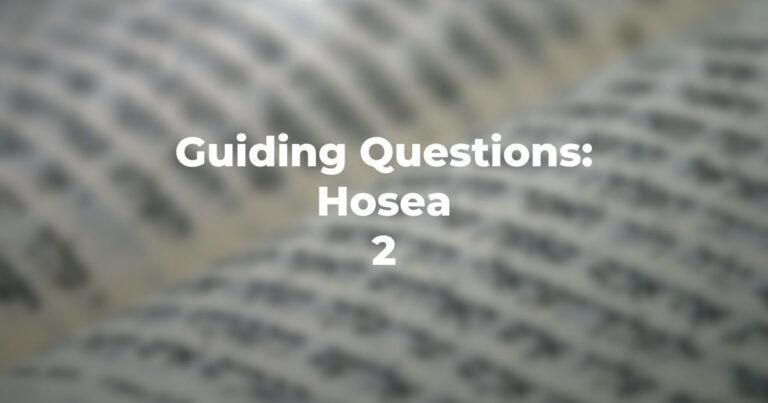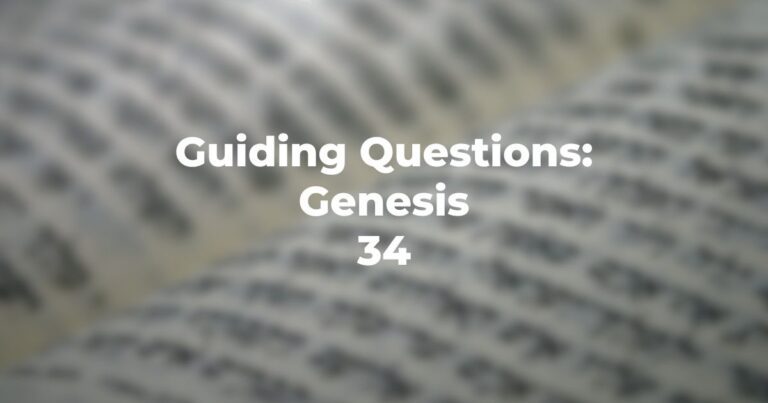- Who are the “shepherds” of Israel?
- Does Ezekiel 34:3 indicate that the “shepherds” cared for “the flock” or exploited it?
- Indeed (Ezekiel 34:4), how did the rulers conduct themselves vis-a-vis the people?
- Thus, the failing of “the sheep” a direct result of their own action or of their “shepherds”?
- Consequently, what is to become of those who so “shepherded”? (Ezekiel 34:10)?
- Who, now, will “care for the sheep” (Ezekiel 34:10-11)?
- Ezekiel 34:13-15 offer a message of?
- And, as to the “former rulers,” what does Ezekiel 34:16 (end) promise?
- To whom, then, is this chapter primarily addressed — (mis)leaders or the people?
- What is the intent of Ezekiel 34:23?
- From what family will the “new leadership” emanate?
- Is “Eheyeh” a verb or a proper noun (name, title) in Ezekiel 34:24 (vide: Moses at the Burning Bush)?
- And, with the “new leadership,” what is set forth for the land and its people (Ezekiel 34:25-28)?
- Ezekiel 34:30 summarizes the relationship between Israel — God as knowledge by and care by?
- How does Ezekiel 34:31 epilogue the message of that chapter?
Author
-

Exploring Judaism is the digital home for Conservative/Masorti Judaism, embracing the beauty and complexity of Judaism, and our personal search for meaning, learning, and connecting. Our goal is to create content based on three core framing: Meaning-Making (Why?), Practical Living (How?), and Explainers (What?).
View all posts




